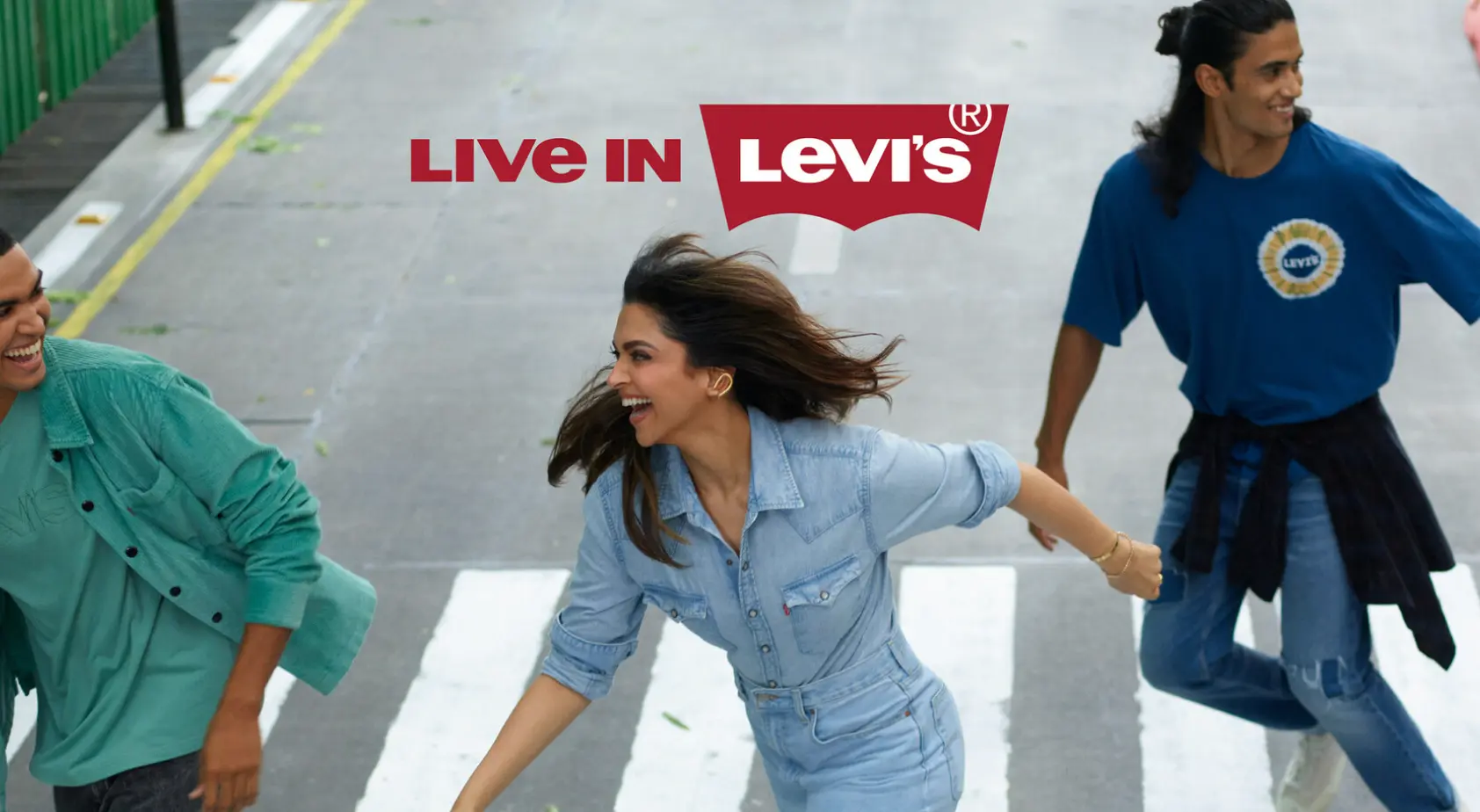The Brands That Shaped Modern Society As We Know It
Updated on
Published on
Some brands don’t just sell—they reset how the world works. From search that turned questions into reflexes to smartphones that put studios in our pockets, these are the brands that changed the world. They’re the companies that designed our world, the quiet infrastructure behind how we work, shop, move, and connect. Here’s how these brands that shape society became the companies that changed the way we live—and why their habits are now our habits.
At a Glance
- Knowledge & work rails: Apple, Google, Microsoft moved creation, search, and collaboration into everyday flows.
- Commerce & mobility: Amazon, Toyota, Tesla rewired convenience, production, and cleaner transport.
- Culture & connection: Coca-Cola, McDonald’s, Meta, TikTok defined global brand playbooks and social discovery.
1) Apple
Apple turned the phone into a pocket computer by pairing multi-touch hardware with intuitive software, then built an app marketplace that made “there’s an app for that” part of daily life. The iPhone’s 2007 reveal reset expectations for cameras, maps, payments, and media in a single device (Apple newsroom). Those choices created a developer economy and a new rhythm of communication, creation, and commerce. That is why Apple sits among the brands that changed the world—it moved essential tasks into your hand and your TV.
- Habit created: creating, paying, navigating, and communicating from one screen.
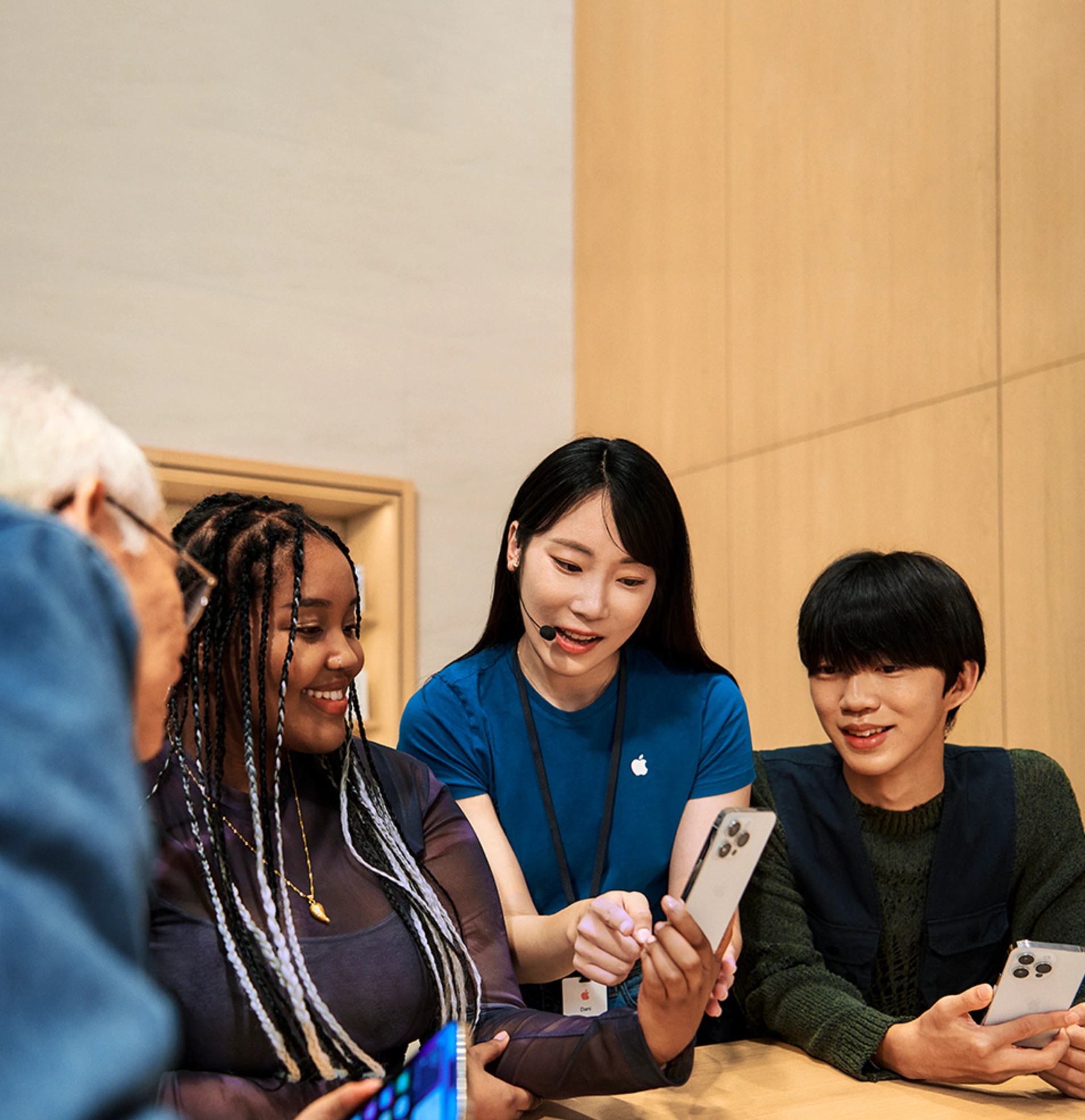
2) Google
Google made “just Google it” a reflex by ranking the web and turning questions into actions like translate, navigate, and buy. Its products spread worldwide through Android, bringing search and services to billions of phones with near-instant answers (StatCounter). The result is a world where everyday decisions start with a query and end with a click. As one of the companies that changed the way we live, Google made knowledge access a baseline.
- Habit created: search-first thinking for everyday choices.

3) Microsoft
Microsoft set the rails for modern work with Windows on the desktop and Office as the language of documents, spreadsheets, and presentations. Cloud tools like Teams and Azure then moved collaboration beyond the office, keeping the same file-based workflow everywhere (Microsoft investor relations). Most organisations still produce, share, and review work in these formats. That’s why Microsoft is a brand that shapes society—it standardised how we work together.
- Habit created: files and meetings as the backbone of productivity.
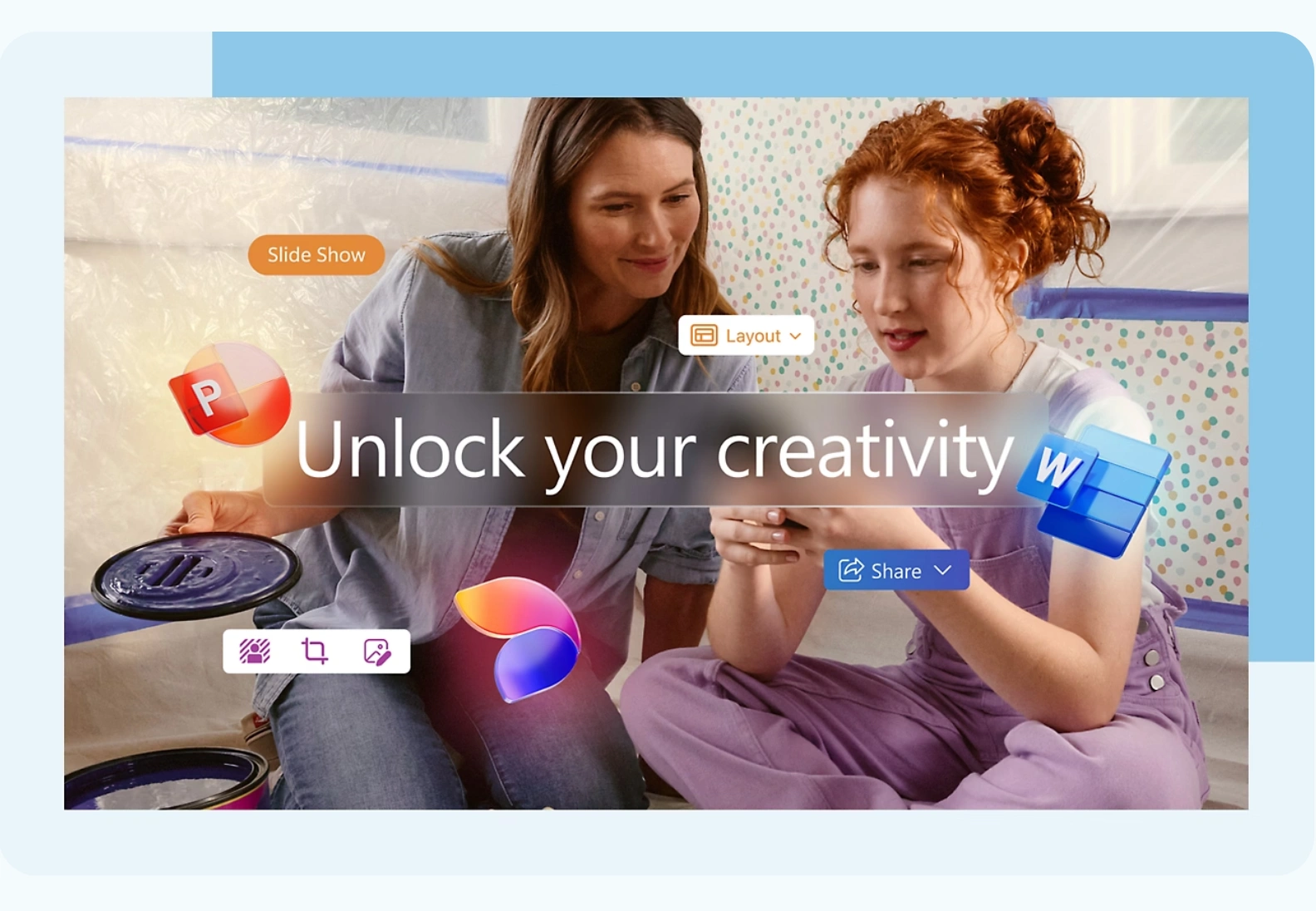
4) Amazon
Amazon normalised one-click checkout, fast delivery, and simple returns, and then quietly powered the internet with AWS so new services could scale overnight. The same system that moves packages also moves compute, reshaping retail and software economics (Amazon investor hub). Prime bundled convenience into a subscription that feels like infrastructure. As one of the companies that designed our world, Amazon made convenience the default. Learn about how Amazon started from a garage by a young Jeff Bezos, here.
- Habit created: expecting near-instant fulfilment and always-on services.
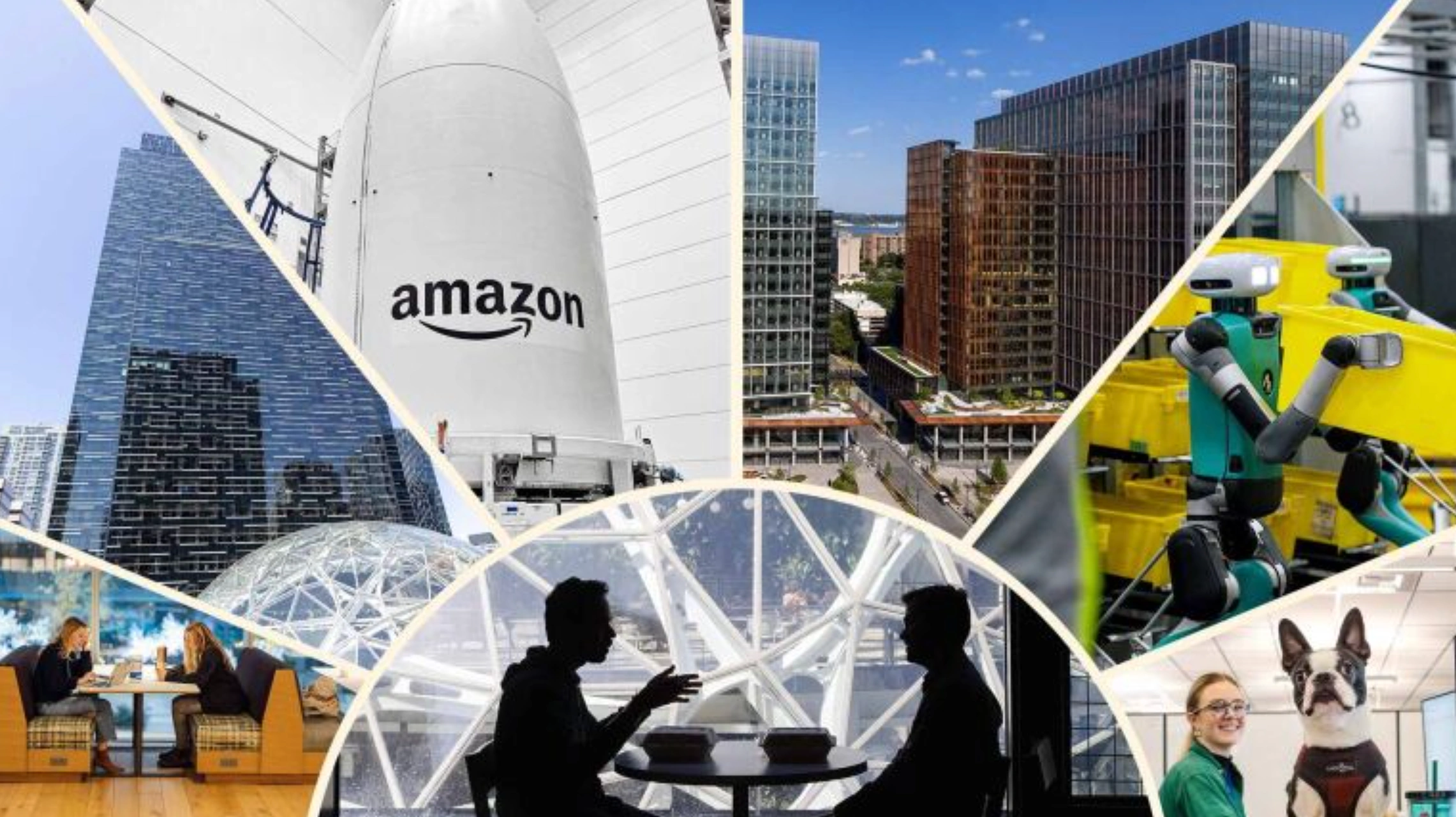
5) Toyota
Toyota exported a production philosophy—Just-in-Time, jidoka, and kaizen—that spread from car plants into hospitals, logistics, and software teams worldwide. Its system prioritised continuous improvement and respect for people, not just output (Toyota Production System). Hybrids like Prius then normalised efficient powertrains for everyday drivers. Toyota is a brand that changed the world by turning process into a global operating model. Read about their strategy from the beginning here!
- Habit created: continuous improvement as a daily practice.
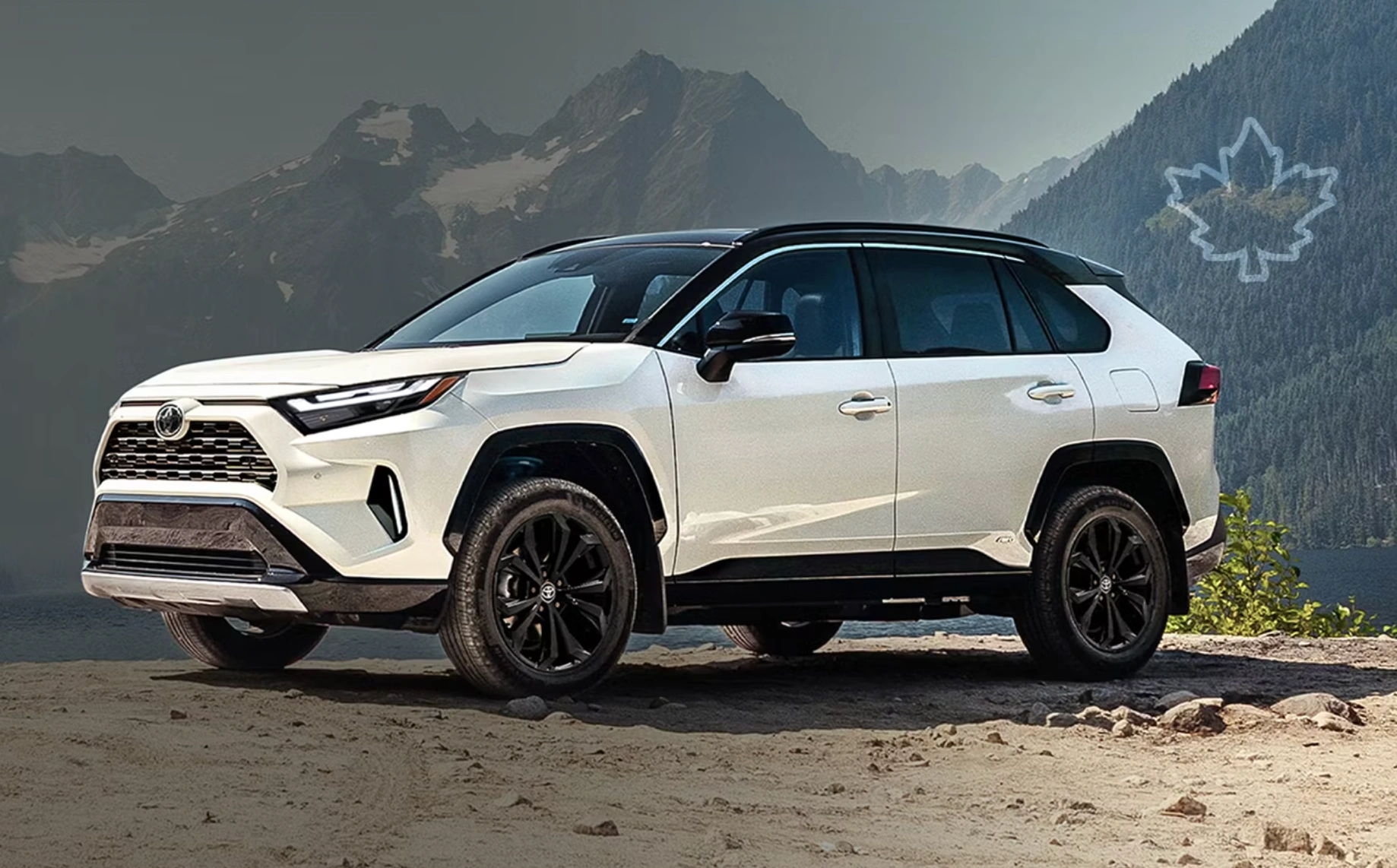
6) Tesla
Tesla made electric vehicles desirable and software-defined, combining long range, over-the-air updates, and a growing charging network. That formula nudged the entire auto industry to accelerate electrification and rethink cars as updatable devices (IEA Global EV Outlook). Consumers now expect vehicles to get better after purchase. As a brand that shapes society, Tesla moved EVs from niche to mainstream aspiration. Learn about Tesla's savvy marketing strategy that contributed to much of its success.
- Habit created: updating your car like a phone.
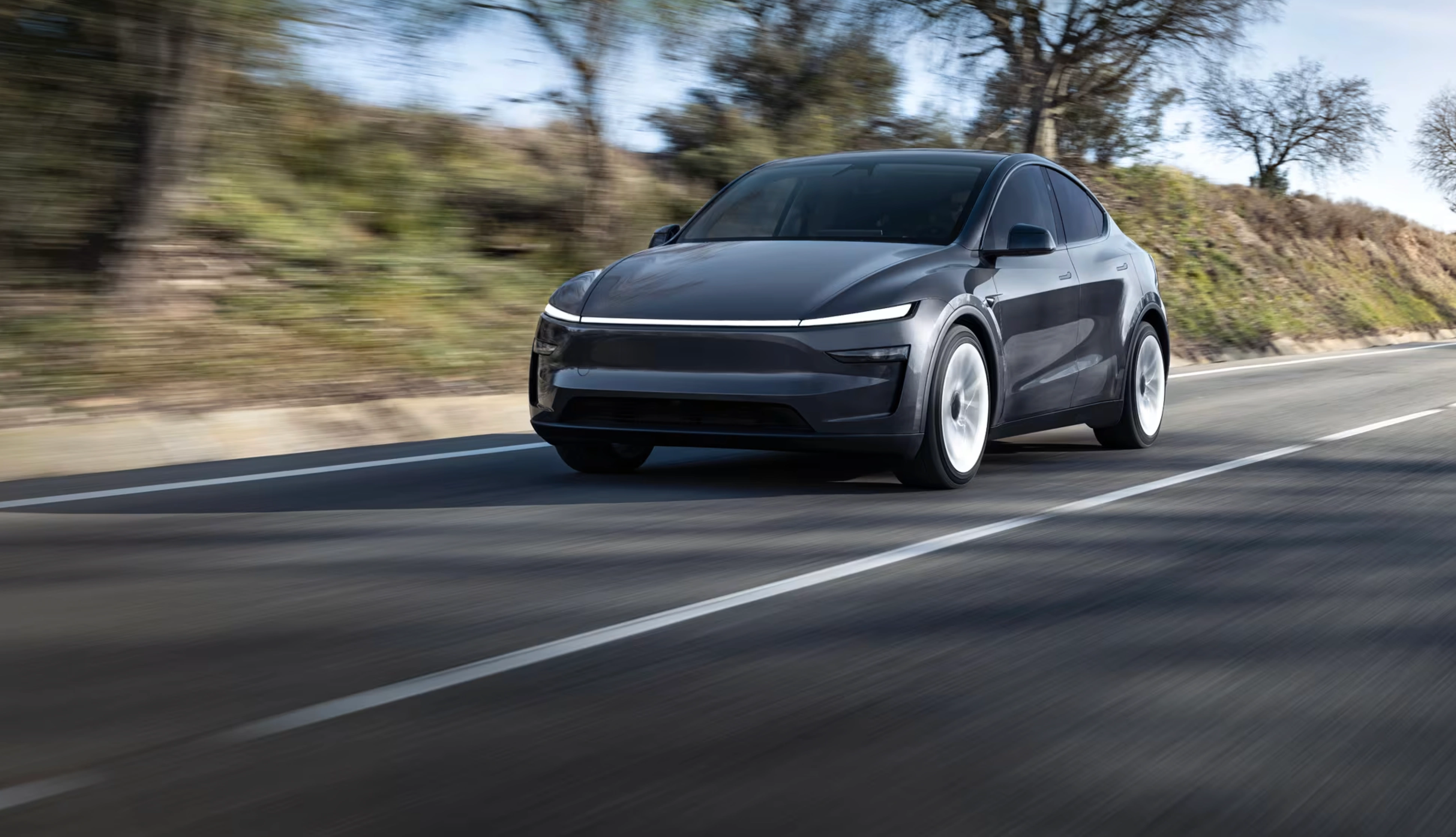
7) Coca-Cola
Coca-Cola proved a mass-market product could sell a feeling—happiness, togetherness—backed by a consistent system of colour, type, and bottle silhouette. Its brand value and reach reflect a century of disciplined global execution (Interbrand Best Global Brands). Seasonal myth-making (holidays, moments of joy) turned a beverage into shared ritual. As one of the brands that changed the world, Coke wrote the modern FMCG playbook. Read about the Coca-Cola campaign that captured all of our hearts!
- Habit created: attaching emotion and seasonality to everyday purchases.
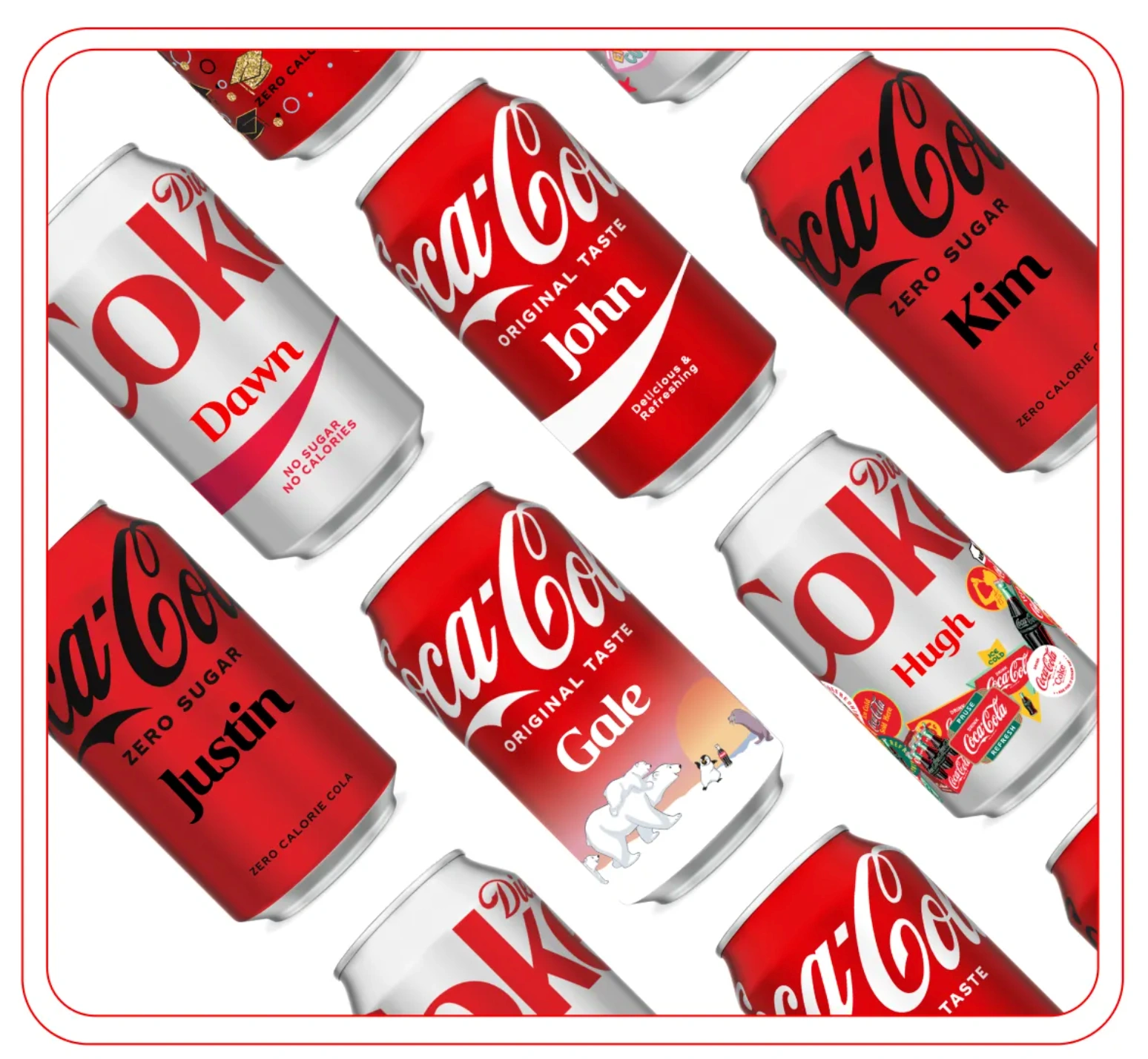
8) McDonald’s
McDonald’s industrialised consistency with franchising, supply chains, and drive-thru operations that deliver the same experience almost anywhere on earth. That operational template influenced service design across retail and hospitality, far beyond burgers. Price, speed, and taste became non-negotiables consumers expect. This company that changed the way we live taught the world how to scale service. This company is the epitome of fast food franchises and one of the main fast-food pioneers! Learn about how the brand continues to stay relevant in the market by reading our deep dive on their strategy.
- Habit created: reliable, fast, familiar meals on the move.
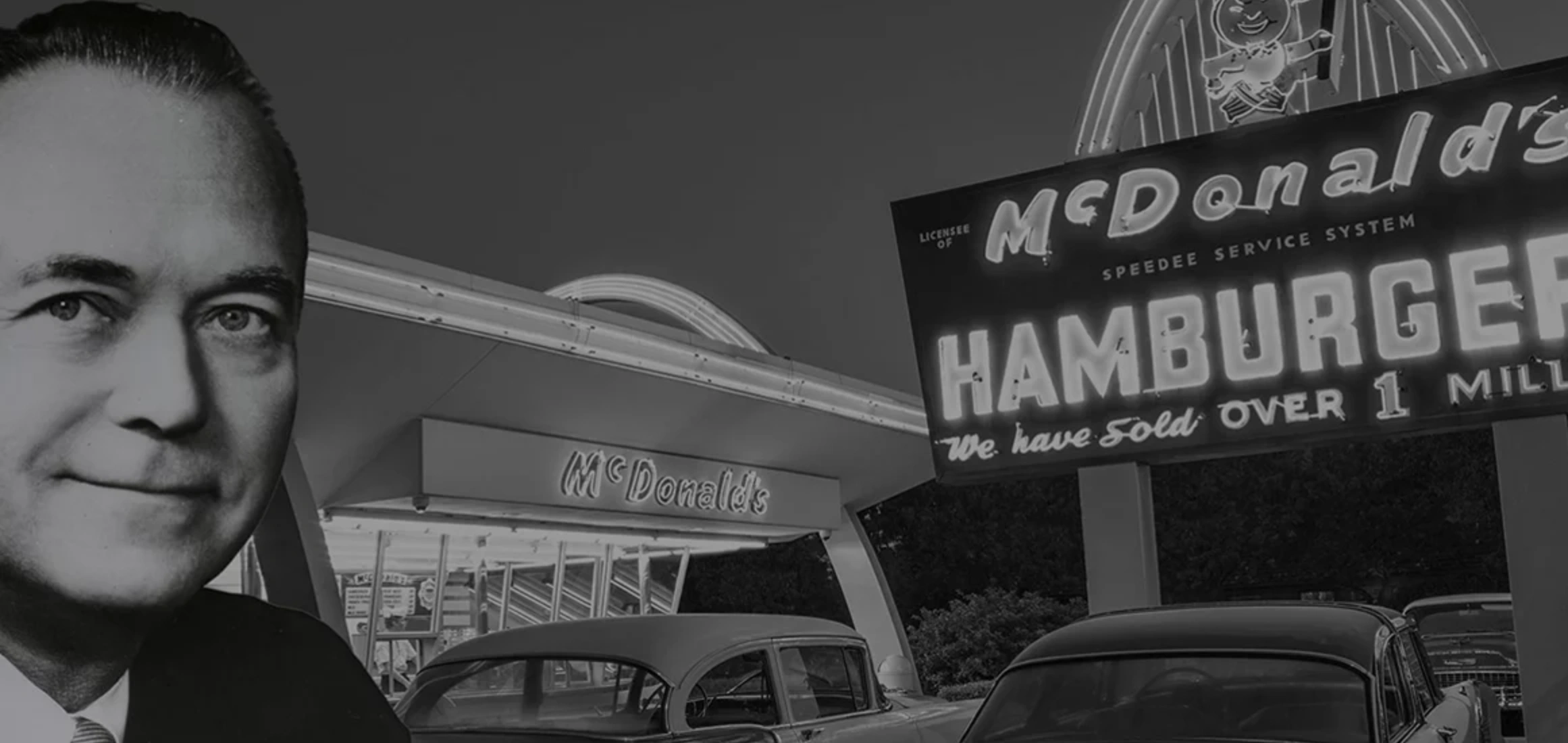
9) Meta (Facebook, Instagram, WhatsApp)
Meta mainstreamed network effects at planetary scale: friends, groups, creators, and encrypted messaging. Its platforms changed how communities organise, how businesses advertise, and how creators earn—making social a utility woven into daily life (Meta). From news to small-business commerce, feeds and chats became default channels. That’s why Meta is a brand that shapes society—it rewired attention and coordination.
- Habit created: defaulting to feeds and chats for news, trends, and community.
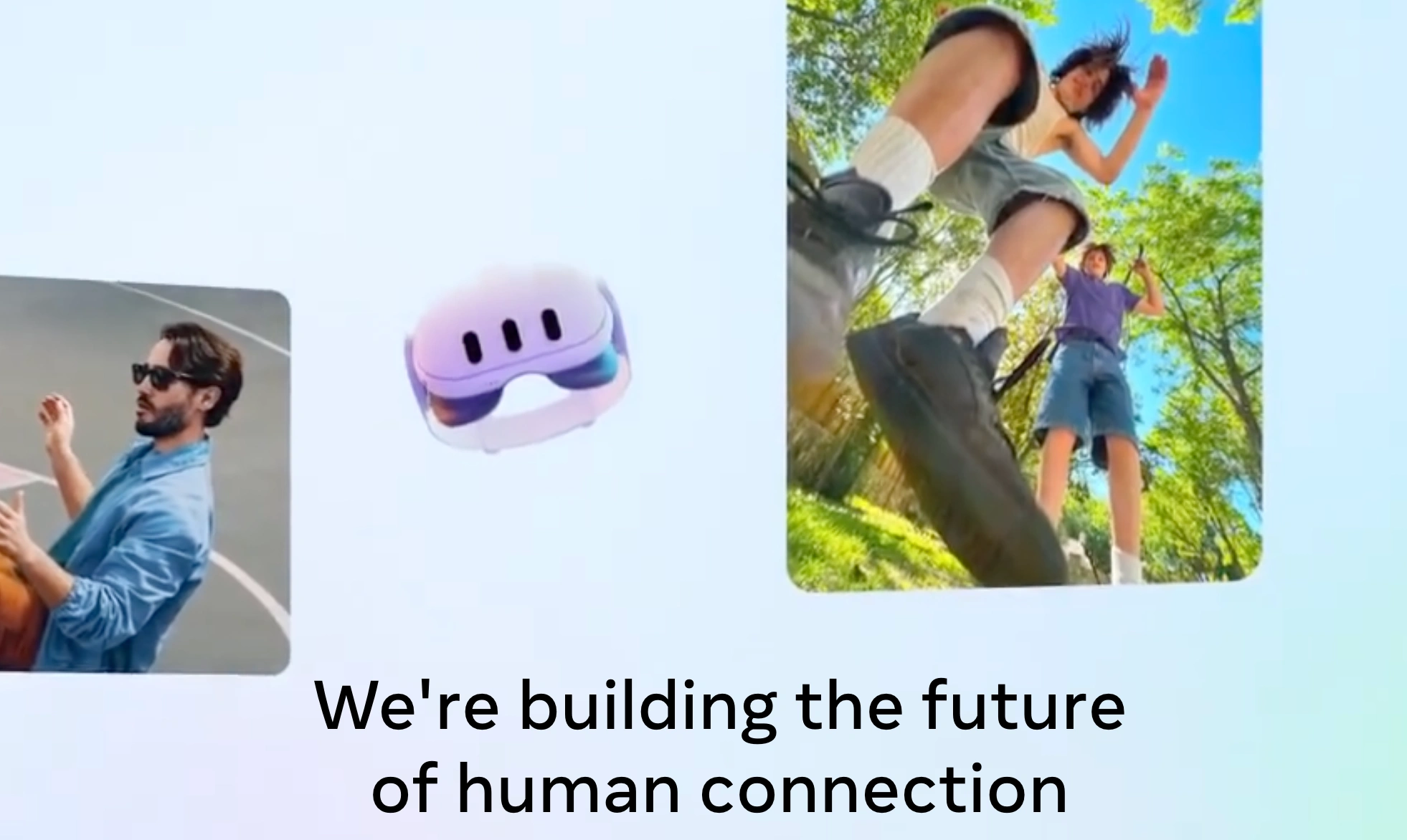
10) TikTok
TikTok reinvented cultural discovery with the For You feed, where short-form video and music tools turn anyone into a creator and trends into industries. Its reach and features reshaped music charts, humour, learning, and shopping in vertical video format (TikTok). The phone camera became an instrument, not just a recorder. As one of the companies that designed our world, TikTok changed how culture spreads—fast, visual, algorithmic.
- Habit created: snackable creativity and vertical-video fluency.
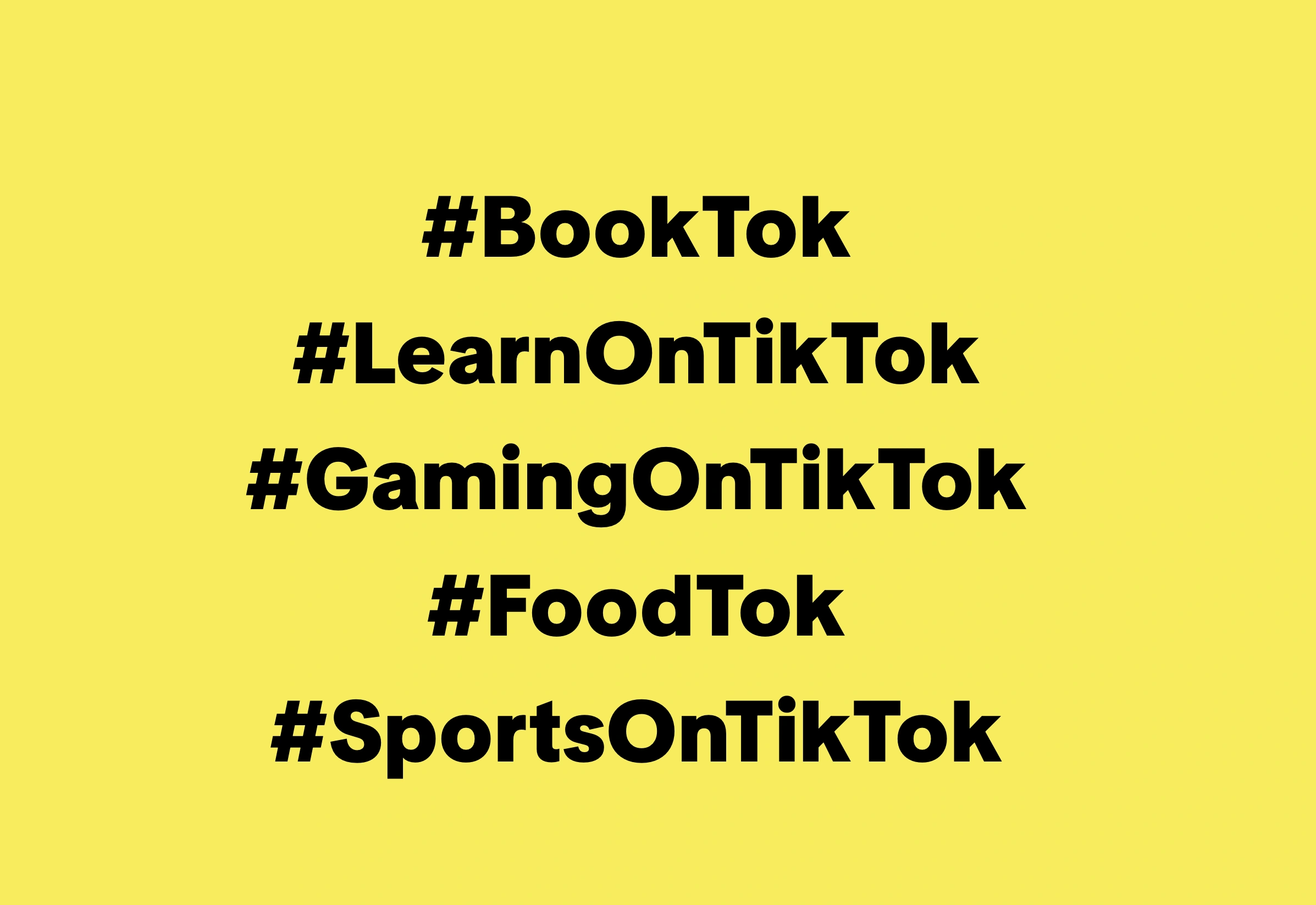
FAQ
What makes a brand truly “world-changing”?
It solves a real pain, scales a repeatable system, and leaves a daily habit that changes people's lives, way of consuming or behavioral habits.
Why these ten brands?
They combine global reach, durable behavior change, and cross-industry influence—not just short-term popularity.
What should tomorrow’s world-changing brands learn from these ten?
Design for usefulness first, build repeatable rails, earn trust at scale, and aim for habits—not just headlines—if you want lasting impact on the brands that shape society.
What’s the next wave?
AI agents, circular/reuse systems, and ambient computing—new rails that will redefine defaults the way these ten did.
The Long Echo — How Habits Become History
The most powerful shifts rarely arrive with fanfare; they show up as tiny motions you repeat without thinking—searching before asking, tapping before traveling, scrolling before sleeping. That’s the fingerprint of the brands that shape society: they translate big inventions into small, livable rituals. One day it’s a clever product; the next, it’s the way the world works. The lesson for every builder is simple and demanding—solve something real, scale a system, and create a habit the world won’t want to live without.


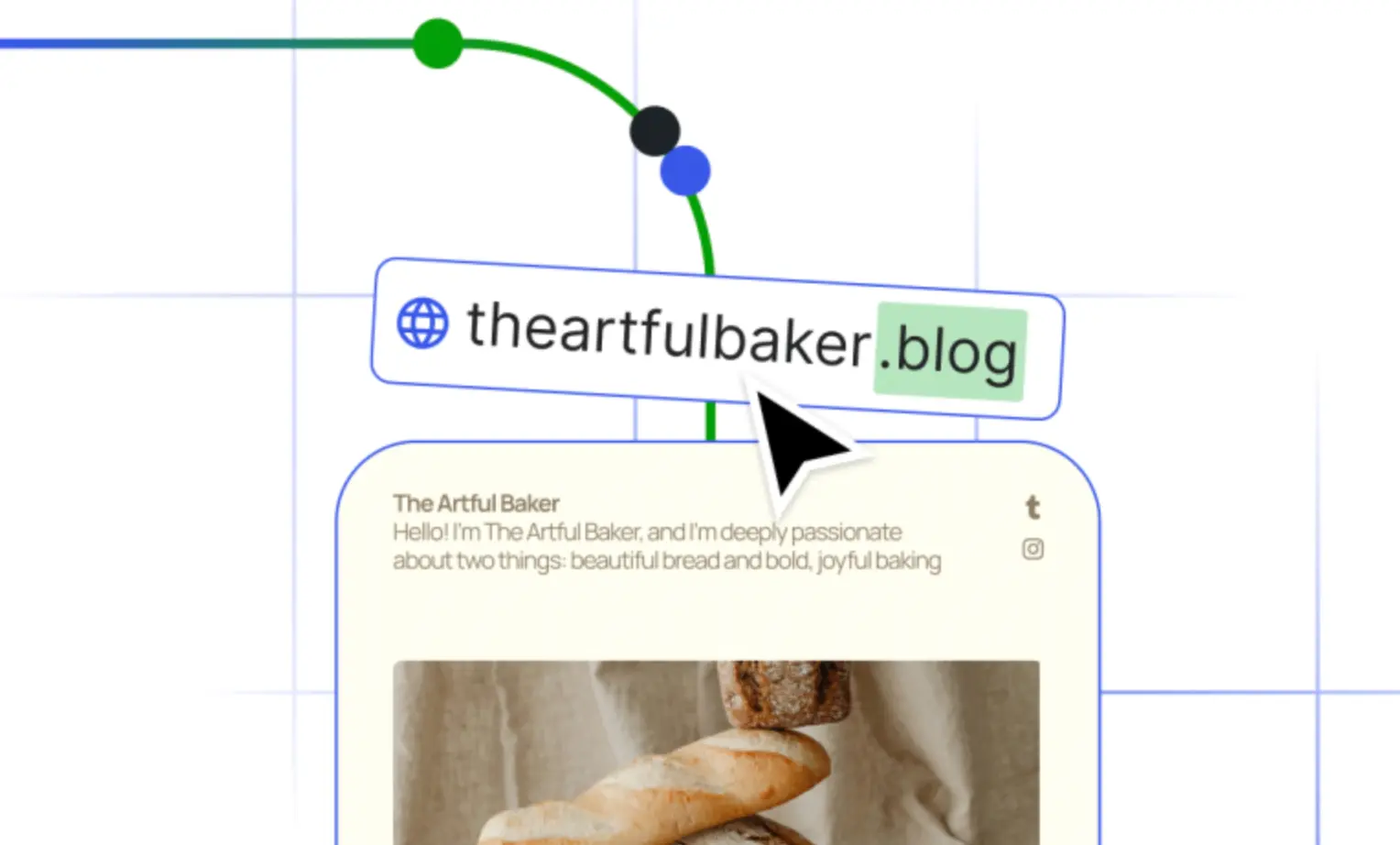
webp.webp)
webp.webp)
